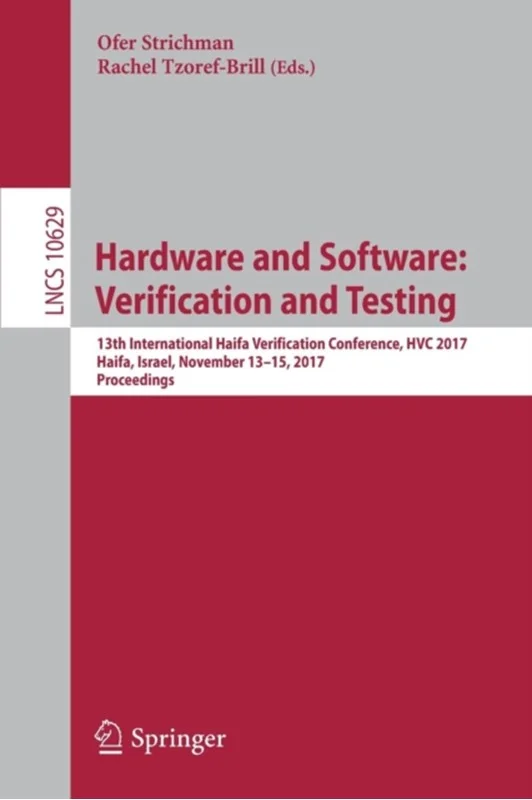Allergy and Asthma - - Bog - Springer International Publishing AG - Plusbog.dk
This highly practical, easy-to-read, fully updated and expanded resource offers a wide range of targeted guidelines and insights in allergy medicine. Written by a leading allergy clinician -- along with a renowned group of nationally recognized expert contributors in allergy and immunology, pulmonary, and infectious diseases -- this title is a proven resource for front-line general practitioners, especially primary care physicians. The most clinically relevant information is provided on the pathophysiology, diagnosis, treatment, and prevention of all major allergic disorders. Each chapter has a section on “Evidence-Based Medicine” that introduces one to two recent research publications on the subject, and several chapters have been written by new authors. Covering the entire scope of adult and pediatric allergy and asthma and organized by specific organ which guides the reader to diagnostic and therapeutic solutions quickly and easily, the book offers a wealth of outstanding illustrations, key concepts, management protocols, and updated references. An invaluable contribution to the field, Allergy and Asthma: Practical Diagnosis and Management, 2 nd Edition will be of immense value not only to primary care physicians, but also to fellows in training, residents, nurses, nurse practitioners, and medical and allied health students.

















































